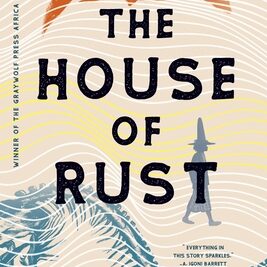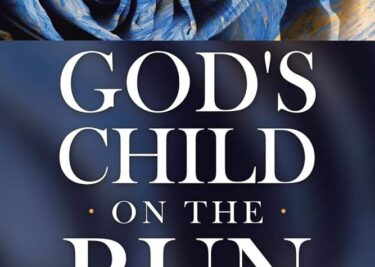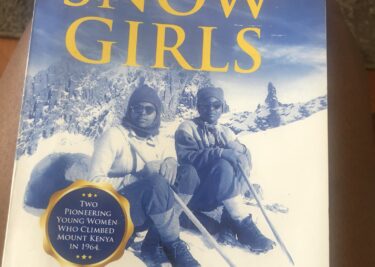Roots of Freedom – The Autobiography of Bildad Kaggia (1922-1963)

Admittedly, in school, history was never a subject that I enjoyed. I always struggled to remember key dates and full names of all those who were involved in achieving some feat worth being remembered for. If only I had the opportunity to learn history from autobiographies such as that of Bildad Kaggia’s. perhaps I would have had a much greater and deeper appreciation for history. This memoir brings to life the extraordinary life of Kaggia – from his early aspirations in school to his eventual mental emancipation toward African autonomy. I always knew he was part of the Kapenguria Six but I couldn’t answer how he had landed himself that “honour”. This book allows one to fully understand how dangerous Kaggia was in the eyes of the colonial government.
The book details his journey from student to soldier – when he left Kenya colony to serve as a Sergeant during the Second World War stationed in Egypt. It tells of the eagerness with which he journeyed to Palestine to finally see the Jerusalem that he had learned about while singing in his local Anglican church and the awakening that came to him while there. As Kaggia’s proverbial rose-coloured glasses were beginning to fall off he found himself stationed in Britain – interacting for the first time with working class Brits, who were markedly different from the aristocratic Englishmen who called Kenya Colony home. Here he found unadulterated religion through the Assemblies of God and took it upon himself to undertake a proper translation of the Bible into Gikũyũ. This translation did not favour one race over the other as opposed to the earlier translations he had found that had been done by non-Africans. Armed with his translations and his awakenings the memoir goes on to explain how he became an evangelical whose preaching’s were so enrapturing that his “followers” came to be known as Dini ya Kaggia. He details his work in the freedom struggle – and several political entities begin to ring distant bells from one’s primary and secondary school history. Names we know – KAU, KANU, Clerks and Commercial Workers’ Union, Anake a 40 – but now in the reading, these are names that one begins to truly understand.
This book is more than a memoir. It makes one a fly on the wall of the unfolding independence movement. It makes history truly come alive through the remarkable experience of one young man who travelled the continent and beyond in order to find himself and then came home with open eyes and a burning message for all. It tells of the frantic years’ pre-independence and fight for recognition on account of one’s own humanity and manhood and the right to have legitimacy in one’s own home. By the end of it there is no doubt as to why Kaggia was arrested, tried and detained, for indeed his ideas of freedom and awareness were “dangerous”. Dangerous because he managed so eloquently, actively and humbly to spread the idea that freedom belongs to us all.
The book ends at the dawn of independence, and I believe there is another memoir that tells the story of his life post jamhuri. For me – it was an unforgettable introduction to a true freedom fighter.
About the Reviewer
Mwĩhaki Mũragũri is an avid reader, late lover of history, and a curious introvert. She’s at home in the world of stories and is working on her first short story collection, inspired by the lives of those who have gone before.




1 Comment
Translation available?